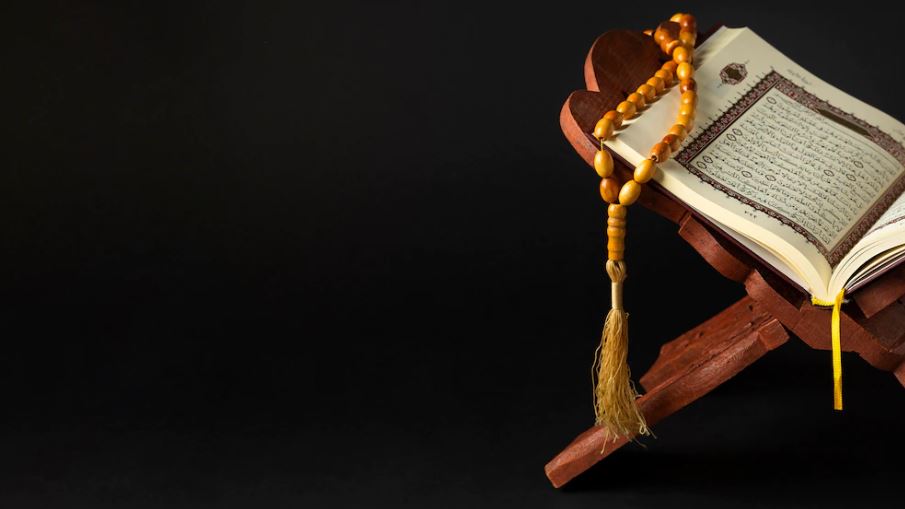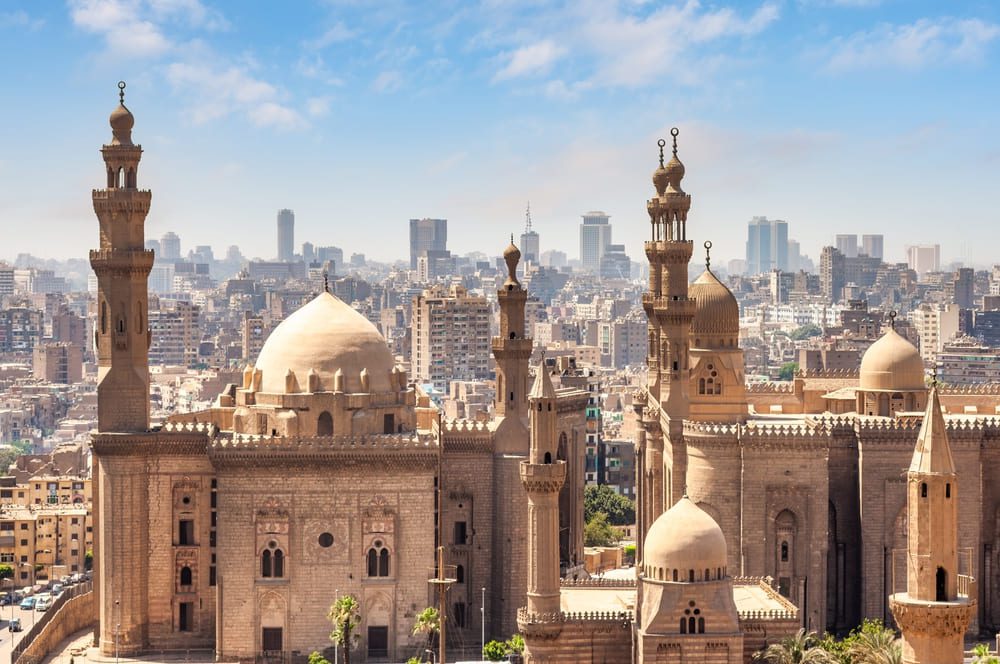13 Good Etiquettes and Manners of Eating and Drinking in Islam
Islam teaches us about every aspect of life. Similarly, our Holy Prophet Muhammad (PBUH) clearly outlined the manners of eating in Islam. The Holy Quran also teaches us about the etiquette of eating and drinking, which benefits us in the best way. Here are some etiquettes and manners for consuming food and drink in Islam.
Getting ready to eat: –
The etiquettes and manners of eating in Islam begin by preparing ourselves. We must wash our hands thoroughly before we touch the food. According to the sunnah of eating and drinking, we must rinse our mouths well thrice before we sit down for the meal. Nowadays, while covid-19 is so rampant, people realize the importance of washing hands. Whereas Islam taught us the importance of washing hands more than 1400 years ago.
Manners of sitting while eating: –
Islam is a religion that advocates utmost respect and best conduct. When it comes to etiquette and manners of meals, it teaches us to sit while eating. We must not stand while eating, as Allah has created us as humans, not animals. Animals stand while eating. Similarly, we must not lean back or lie down while eating as it signals arrogance. Islam teaches humility. That is why the sunnah of eating is sitting on the ground with folded legs or bent knees. Even science supports this posture of eating as it aids in better digestion.
Drinking manners in Islam: –
Etiquettes and manners particular to drinking in Islam are very clear. We must not drink while standing. However, when you go for Hajj ad drink water from the well of Zamzam, that is the only water you must drink while standing. During your hajj services lessons, you would learn that this is a gesture to pay respect and homage to the water of Zamzam.
We must drink water in three gulps steadily instead of rushing and drinking a glass full at once.
Talking while eating: –
While many people believe it is against the etiquette of eating and drinking, there is no prohibition in Islam about talking while eating. Meal times are often the only times when the whole family gets together. It is a good occasion to talk about important matters, connect with your loved ones, and discuss all the happenings of the day. However, we must be careful not to talk while chewing food as it might get into the windpipe, causing choking. We must wait to complete the morsel and then speak.
Eating halal food: –
Etiquettes and manners about food are not limited to the way of eating. Islam also teaches us about choosing lawful food. Things such as alcohol, pork, wrongly slaughtered meat, and food prepared through unlawful income are not halal. A Muslim must be careful to consume halal food.
Begin your food with the name of Allah: –
Etiquettes and manners cannot be complete without the name of Allah. Whatever we do, we must start with the name of Allah. Eating and drinking must also begin with Bismillah. Allah adds barakah to every action that begins with His name. When we say Bismillah before eating and drinking, we get the best health benefits from the food.
Eating with the right hand: –
We must eat with the right hand according to the Sunnah of eating and drinking. Prophet Muhammad (PBUH) emphasized greatly using the right hand to eat and drink, for the devil uses his left hand to eat.
Sunnah of eating: –
The Holy Prophet (PBUH) taught the believers to be respectful toward the food. He encouraged people to eat together and share their meals. One must not keep the best part of the meal for oneself but rather present it to everyone. We must not eat food hastily. We must chew every morsel well enough. This also prevents bloating and indigestion.
Supplications before and after the meal: –
Etiquettes and manners of eating and drinking also require Muslims to supplicate to Allah. By remembering Allah at such a time when we quench our thirst and satiate our hunger, it pleases Allah immensely. Also, we must offer our gratitude to Allah for his provisions.
Appreciating the effort of the one who cooked the food: –
Islam teaches morality and caring for each other. Etiquettes and manners of eating in Islam include appreciating the one who cooks the food, be it your mother, wife, father, sister, or anyone. If your friend invites you for food, you must thank him or her. Even if you do not like the food, it is strictly prohibited in Islam to use bad words for the food or express displeasure.
Eating in moderation: –
Prophet Muhammad (PBUH) taught Muslims to eat in moderation. Islam does not encourage eating excessively. According to a hadith, a believer must eat three-fourths of his stomach and keep one-fourth empty.
Do not make the food wait for you: –
Prophet Muhammad (PBUH) also taught us to eat food as soon as it is served. Even if you hear the call to prayer and food is served, it is better to eat the food first and then offer prayers.
Prohibition of using gold and silver utensils: –
Prophet Muhammad (PBUH) strictly advised Muslims against using utensils made from gold and silver. These precious metals are for the people who live in heaven. They will consume food in exquisite utensils. Hence in this world, a believer must live his life modestly and avoid such luxurious utensils.



